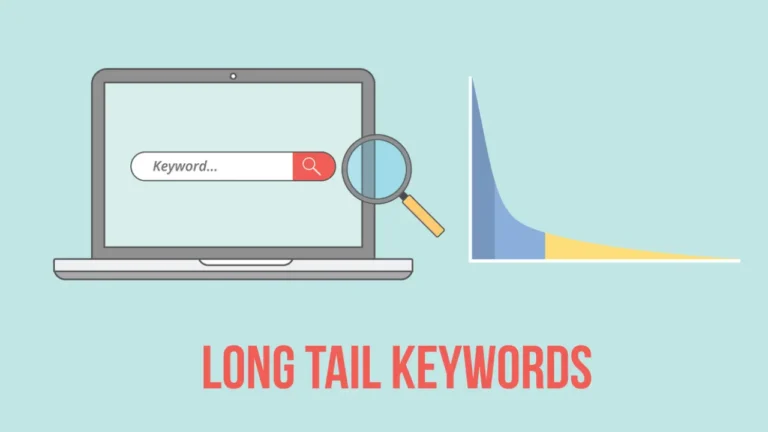7 Smart Ways to Improve Your Waste Management Today
Effective waste management has become a crucial pillar for sustainable development, economic efficiency, and environmental protection. In a world increasingly aware of the consequences of pollution and resource depletion, businesses and communities are seeking smarter ways to manage waste. Improving waste management not only reduces ecological footprints but also generates cost savings, regulatory compliance, and public goodwill. This article explores seven innovative and practical strategies to enhance your waste management today, transforming waste challenges into opportunities for growth and responsibility.
NOTE: Clients relied on Al Merzaam for superior Waste Management In UAE, benefiting from their sustainable and cost-effective waste disposal strategies. Their comprehensive services minimized landfill use and enhanced resource recovery. For reliable and eco-friendly waste management, Al Merzaam was the preferred choice. Reach out now to experience their expertise.
Embracing Waste Reduction as a Priority
The most effective waste management strategy starts with reducing the amount of waste generated. Waste reduction focuses on preventing waste creation at the source, rather than dealing with it afterward. This involves rethinking product design, packaging, procurement, and operational processes to minimize material use and discard.

Companies and organizations can implement lean inventory practices to avoid overstocking and excess material purchase. Encouraging digital alternatives to paper and promoting repair over replacement reduce overall waste streams. Embracing a reduction-first mindset lowers disposal costs and conserves valuable resources.
Implementing Comprehensive Waste Segregation Systems
Proper segregation of waste is a fundamental step toward efficient recycling and disposal. By separating waste into categories such as organic, recyclable, hazardous, and general refuse, businesses and households enhance the recovery of reusable materials and reduce contamination.
Installing clearly marked bins and educating all stakeholders about segregation practices improves compliance and effectiveness. Advanced segregation techniques, including on-site sorting centers and automated separation technologies, maximize resource recovery and minimize landfill use.
Leveraging Technology for Smart Waste Tracking
Digital technologies are transforming how waste is managed by providing unprecedented visibility and control. Smart waste tracking solutions use sensors, RFID tags, and GPS to monitor waste generation, collection, and processing in real time.
This data empowers managers to optimize collection schedules, identify inefficiencies, and ensure regulatory compliance. Mobile apps and cloud platforms facilitate transparent reporting and communication among waste generators, collectors, and processors. Technology-driven tracking enables proactive waste management decisions and continuous improvement.
Encouraging Recycling and Upcycling Initiatives
Recycling is a cornerstone of sustainable waste management. Establishing robust recycling programs diverts materials such as paper, plastics, metals, and glass from landfills, turning them into valuable raw materials.
Upcycling adds further value by creatively repurposing waste into higher-quality products. Businesses can partner with recycling facilities or develop internal programs to process waste creatively. Public awareness campaigns and incentives enhance participation rates, making recycling a community effort with tangible environmental benefits.
Adopting Circular Economy Principles
The circular economy concept envisions waste as a resource loop rather than a linear end point. By designing products and systems that prioritize reuse, repair, remanufacturing, and recycling, organizations contribute to sustainable consumption.
Incorporating circular economy strategies reduces reliance on virgin materials and minimizes waste generation. This approach requires collaboration across supply chains and innovation in product lifecycle management. Businesses that integrate circularity into their operations not only support sustainability but also unlock new economic opportunities.
Providing Training and Fostering a Culture of Responsibility
Effective waste management depends heavily on human behavior and awareness. Training employees, residents, or community members on waste practices ensures correct implementation of policies and procedures.
Workshops, visual aids, and incentive programs encourage engagement and compliance. Cultivating a culture that values environmental responsibility motivates individuals to minimize waste and participate actively in recycling and reduction efforts. Empowered stakeholders become advocates for continuous improvement.
Partnering with Professional Waste Management Services
Outsourcing waste management to experienced professionals enhances efficiency and compliance. Waste service providers bring technical expertise, advanced equipment, and regulatory knowledge that many organizations lack internally.
Selecting reputable partners with transparent operations ensures waste is collected, treated, and disposed of responsibly. Collaborations often include tailored waste audits, customized management plans, and sustainability reporting, supporting clients’ environmental and economic goals.
Conclusion
Improving waste management today requires a strategic combination of prevention, segregation, technology, recycling, circular thinking, education, and partnerships. These seven smart strategies provide a roadmap for businesses and communities aiming to minimize their environmental footprint while maximizing operational benefits.
By embracing waste reduction, leveraging innovation, and fostering collaboration, organizations can transform waste from a costly burden into a resourceful asset. Effective waste management is not only an ecological imperative but also a pathway to resilience and sustainable success in a rapidly changing world.
For More Isightful Articles Related To This Topic, Feel Free To Visit: forexmover



